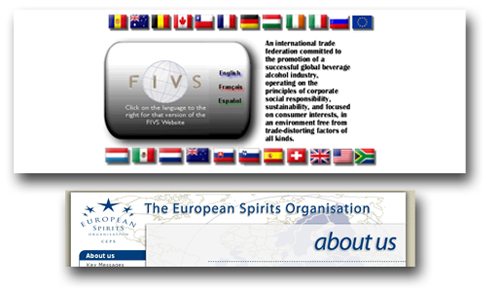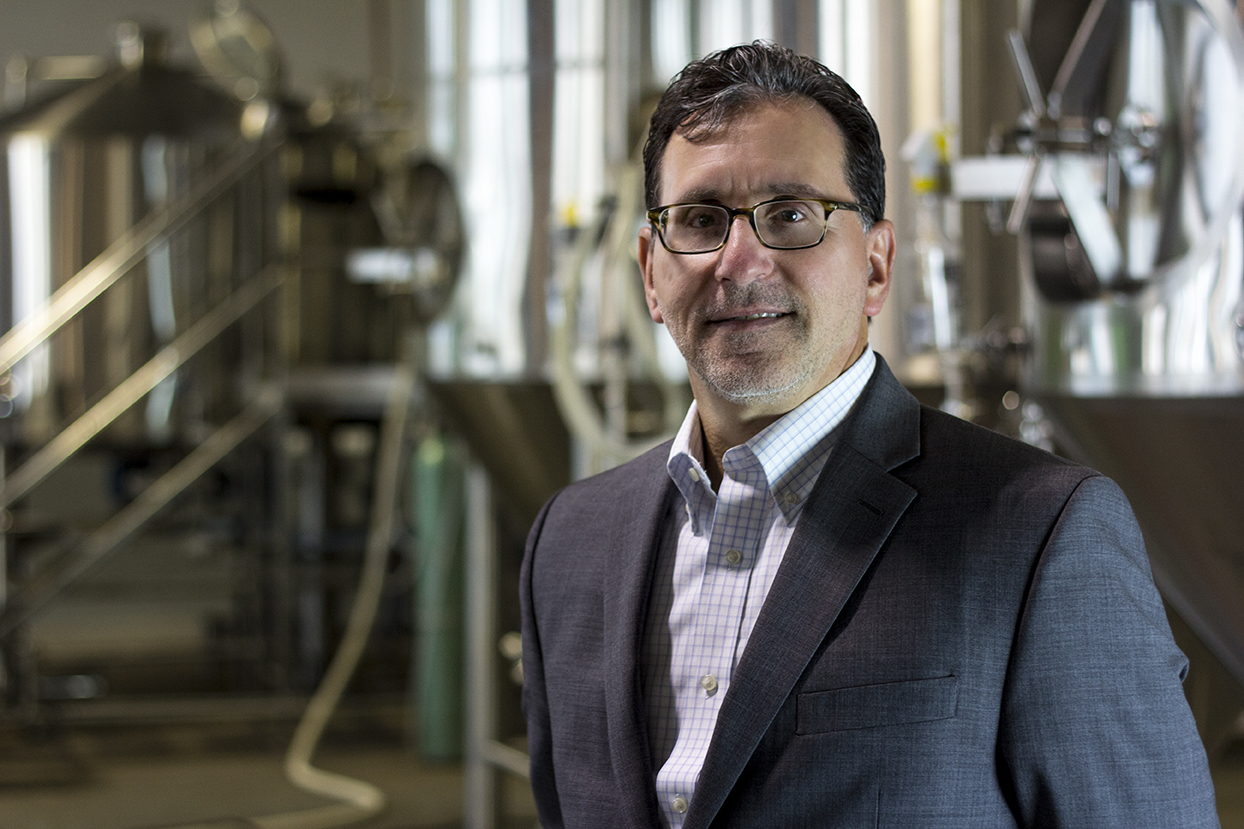It is likely that all beer, wine and spirits labels will change dramatically in the near future. TTB has been working on new rules since CSPI and other groups submitted a petition in 2003. The new rules would require a “Serving Facts” panel on every container. This panel would include a lot more information, such as the typical serving size, number of servings per container, calories, carbohydrates, protein and fat. Because this is a big, controversial change, TTB has received more than 18,000 public comments during the past few years. There are far too many comments for most people to review, and so we will highlight and summarize the most noteworthy comments here. The most recent proposal and comments are here. This is comment 14 in a series; to see others, click on the “serving facts” tag below.
FIVS is a woldwide organization for all sectors of the alcohol beverage industry, with several in the European Union. FIVS’ 3-page comment said:
- The TTB proposal “has the potential to significantly increase the financial and logistical burdens on the global industry when there are alternative means to achieve the same ends with less detrimental impacts.”
- A new analysis for every product, at something like $250 per analysis, could lead to large costs and delays. In some cases, producers may need to adjust products to conform to already-printed labels.
- The need for extra data requires larger or more numerous labels; this is more expensive and may require new labeling equipment.
- TTB can mitigate the burden by making these labeling requirements voluntary, or by allowing the information to be posted on the internet. TTB should allow the linear format, and typical values rather than analytical values.
The European Spirits Organization – CEPS is the representative body for the spirits industry in Europe; it is comprised of 36 industry associations in 29 countries. CEPS’ 4-page comment said:
- “The most simple and transparent method [for comparing products] would be to relate all the nutritional information to a ‘standard drink’, ie to the volume of liquid at whatever strength containing 0.6 fl oz of absolute or pure alcohol.”
- “Alcoholic strength is almost infinitely variable” so the consumer “is faced with some difficult mental arithmetic in order to determine the amount of alcohol he/she is consuming.”
- TTB should make the new disclosures voluntary. But if TTB makes them mandatory, TTB should not require anything more than calories on spirits, in order to harmonize with new EU rules.
- TTB should allow 3-5 years to phase in the new rules, and containers up to 100 ml. should be exempt.
Are they right?




Leave a Reply